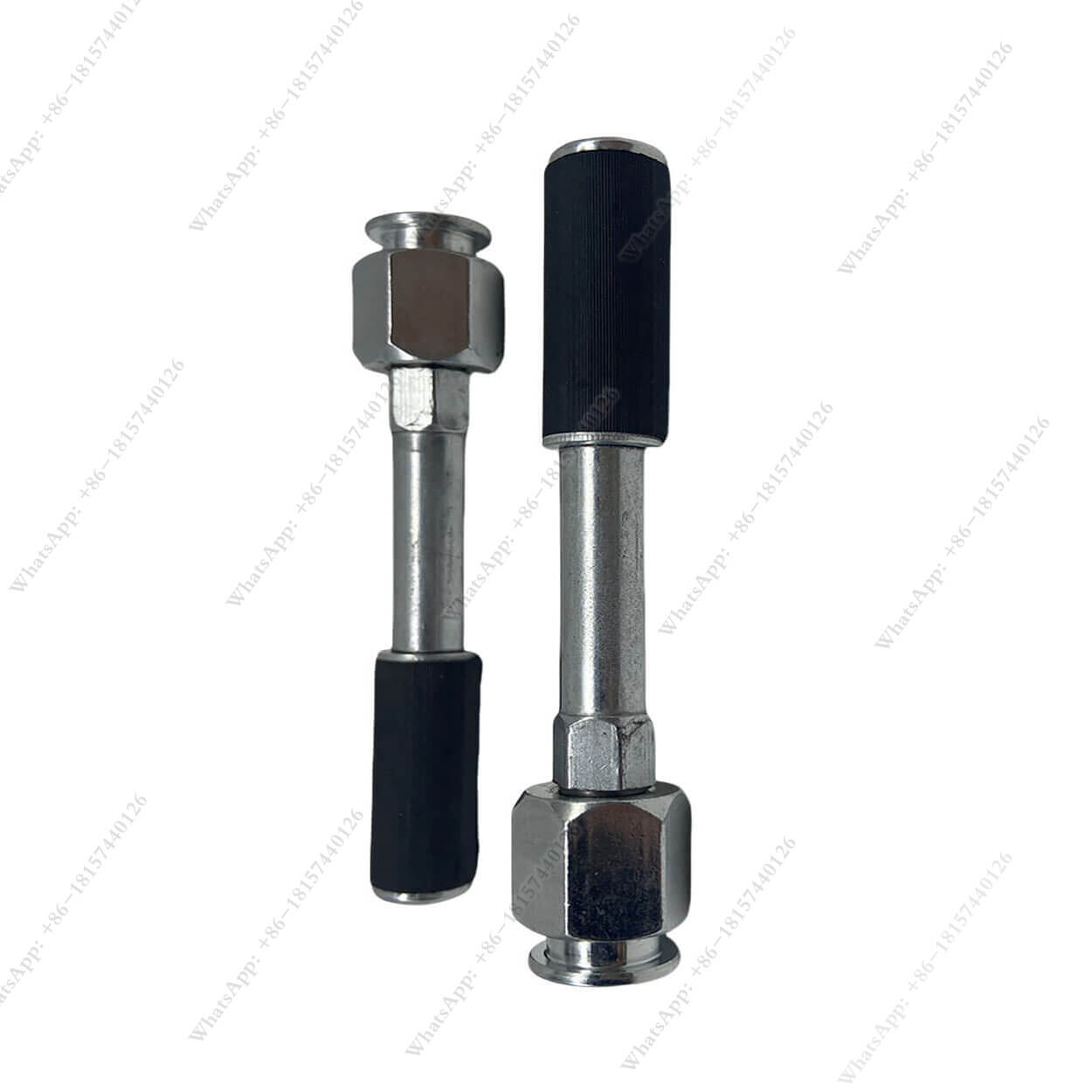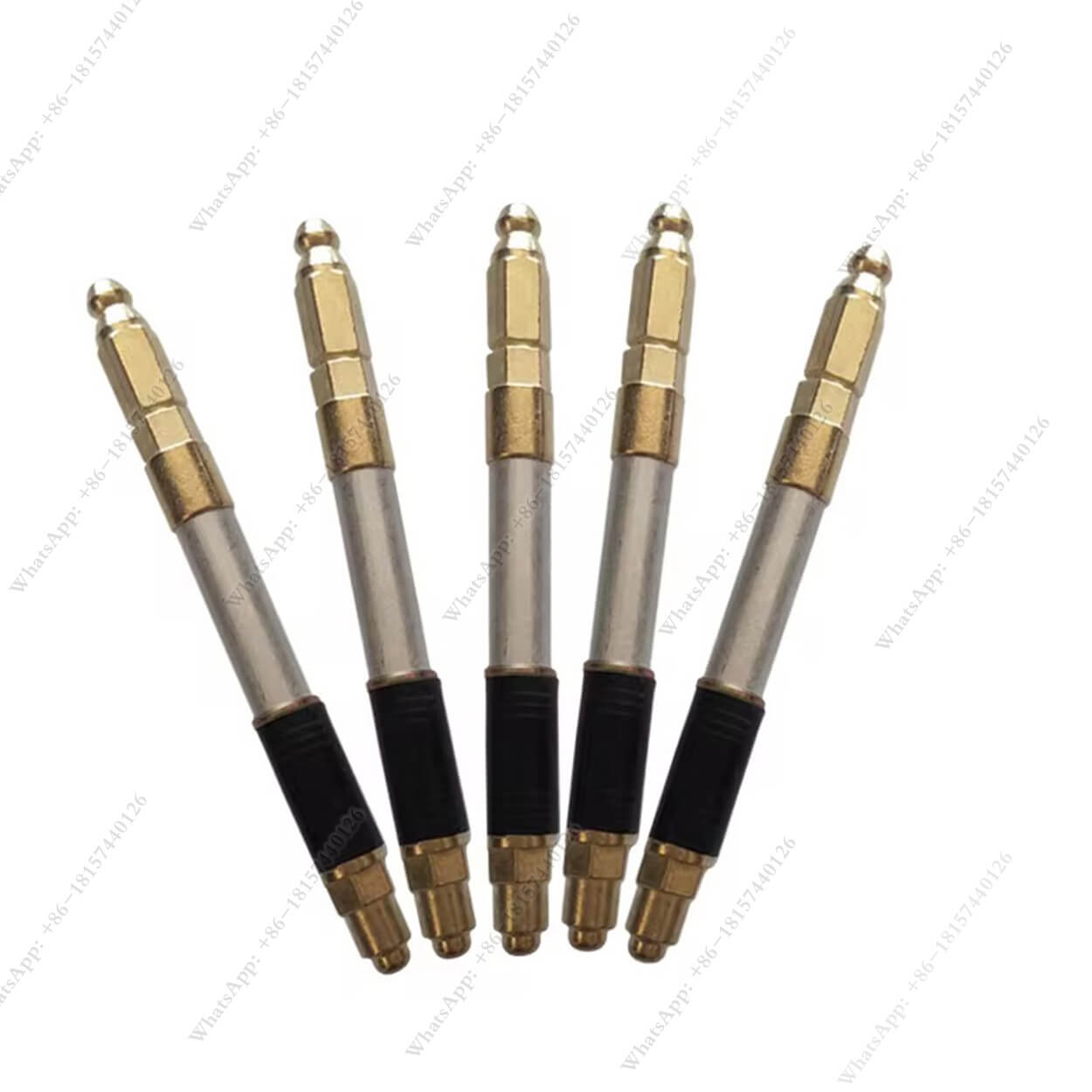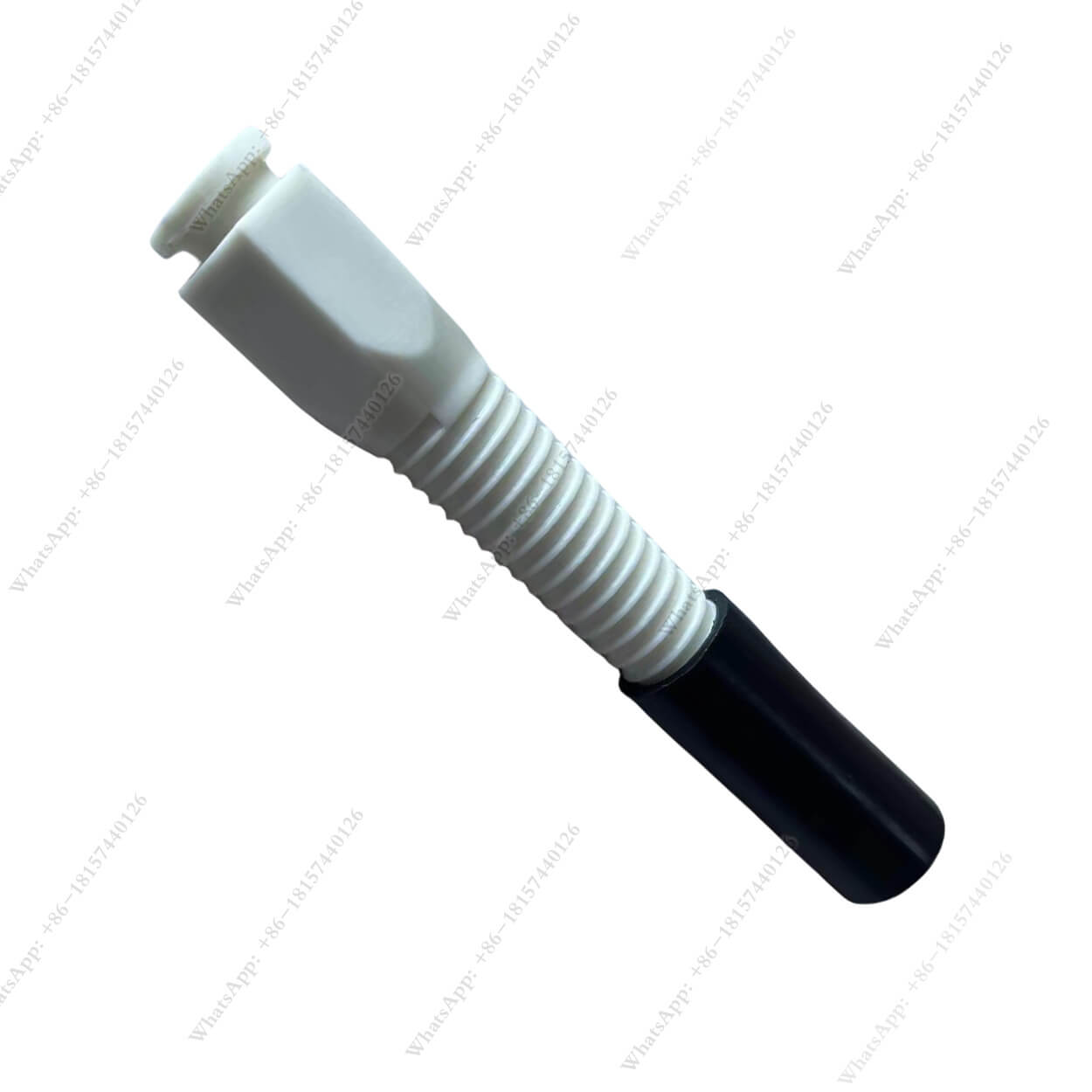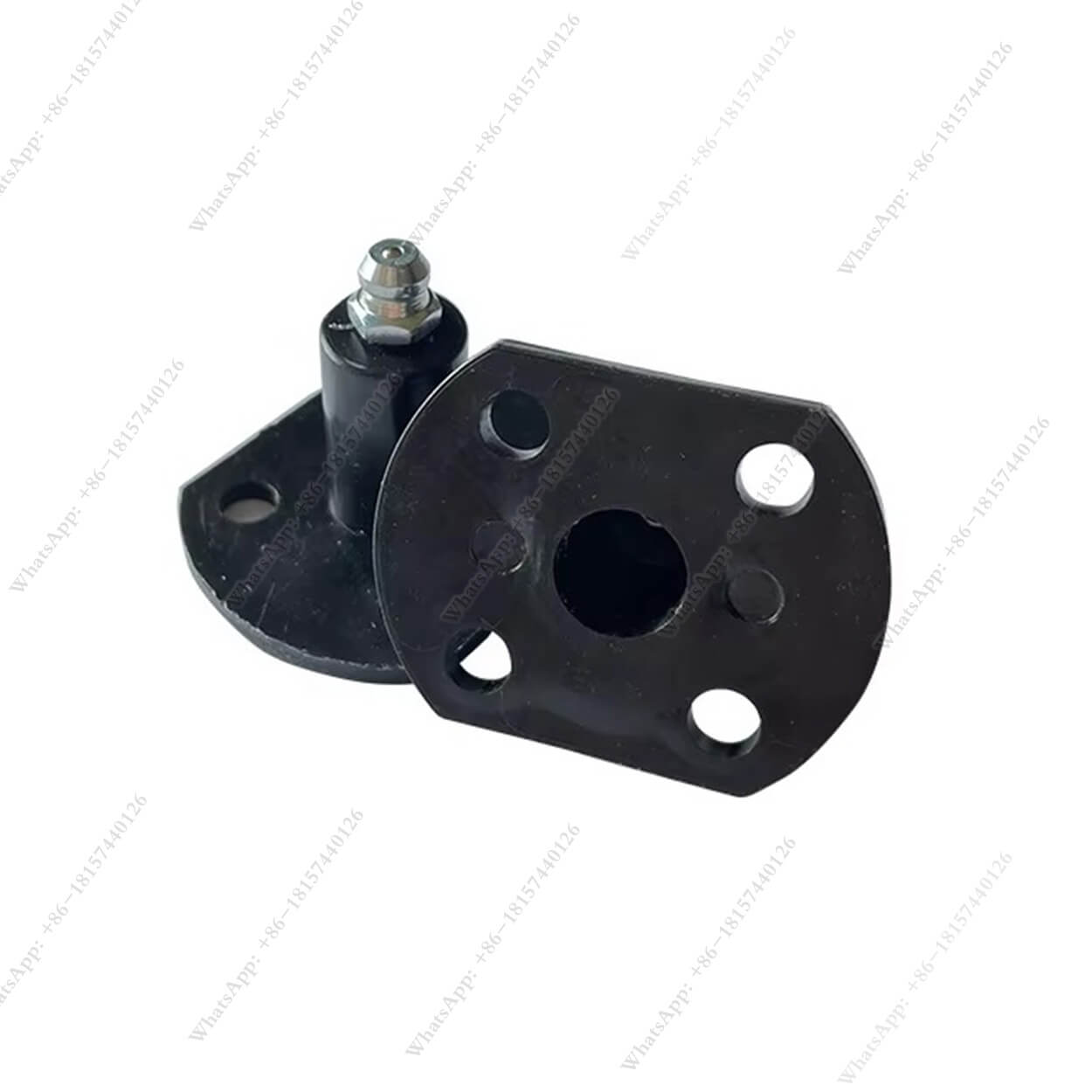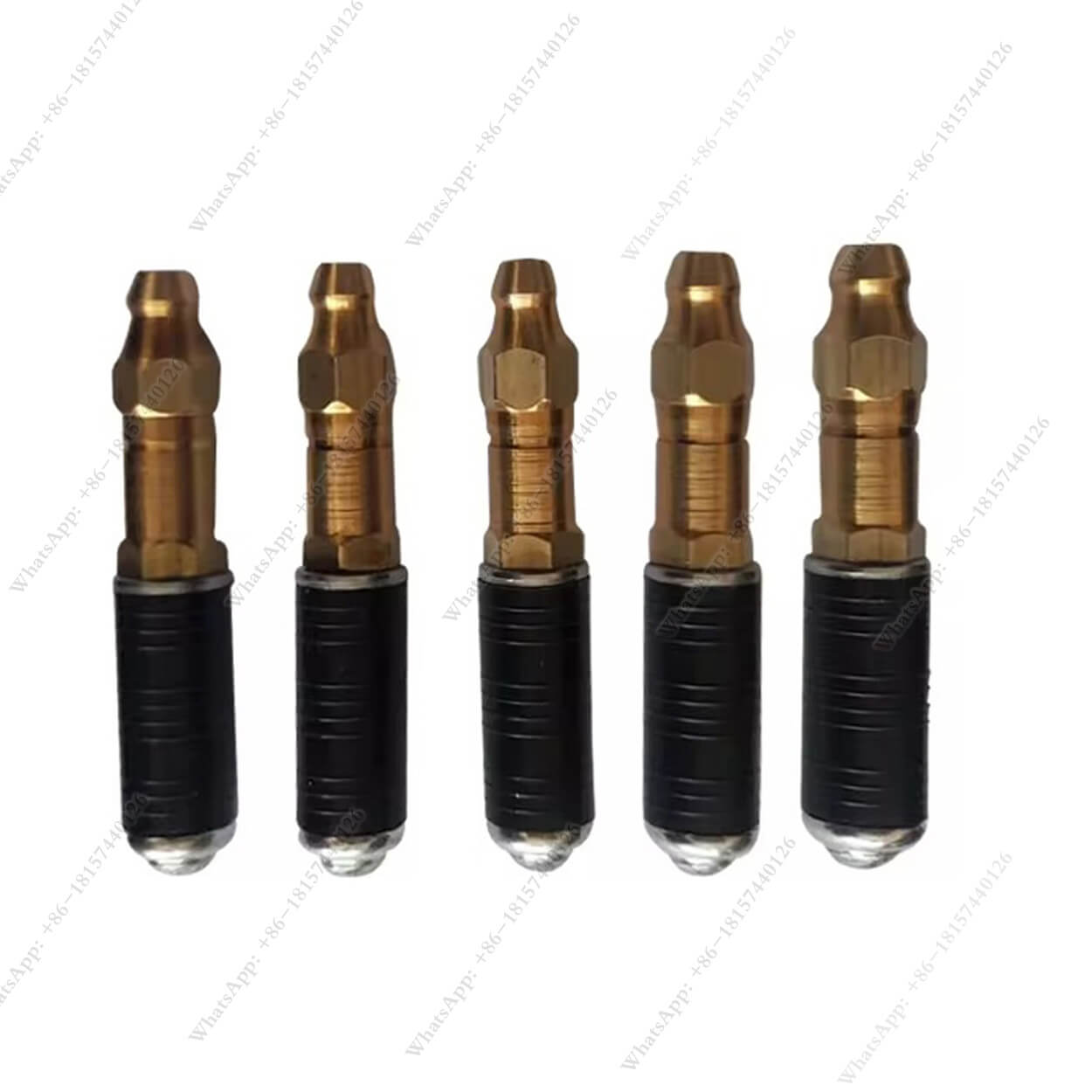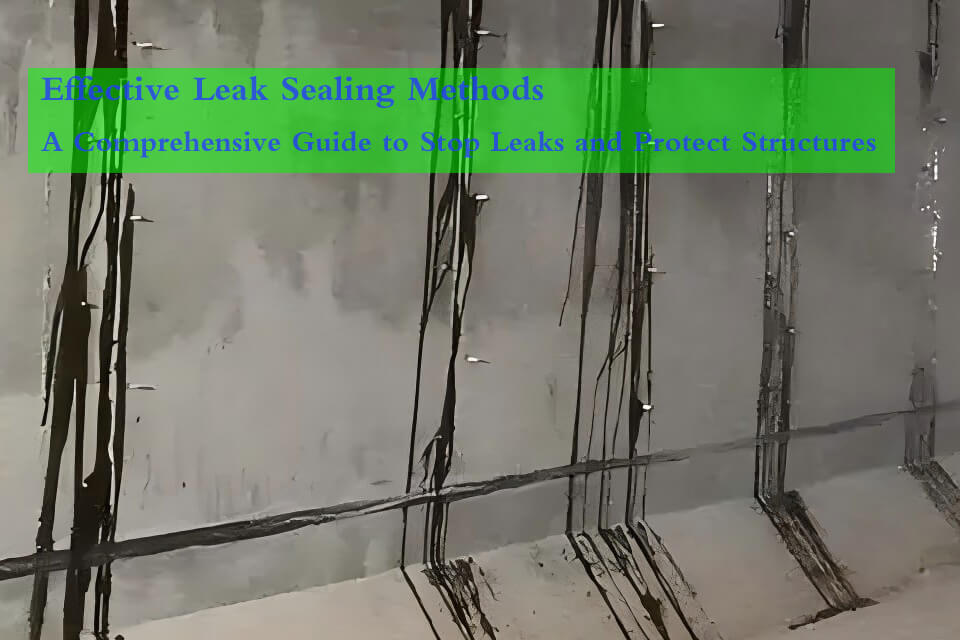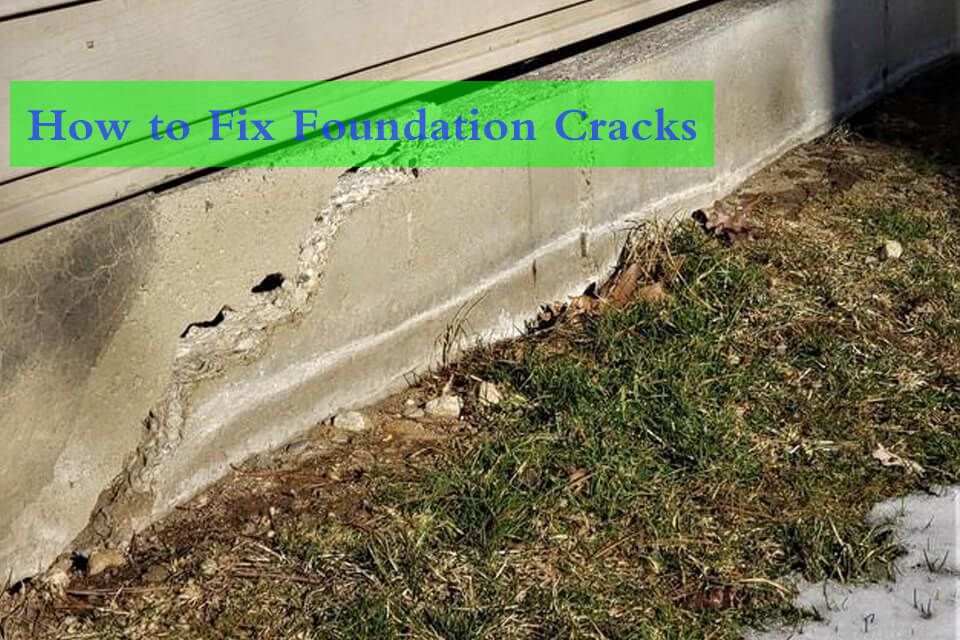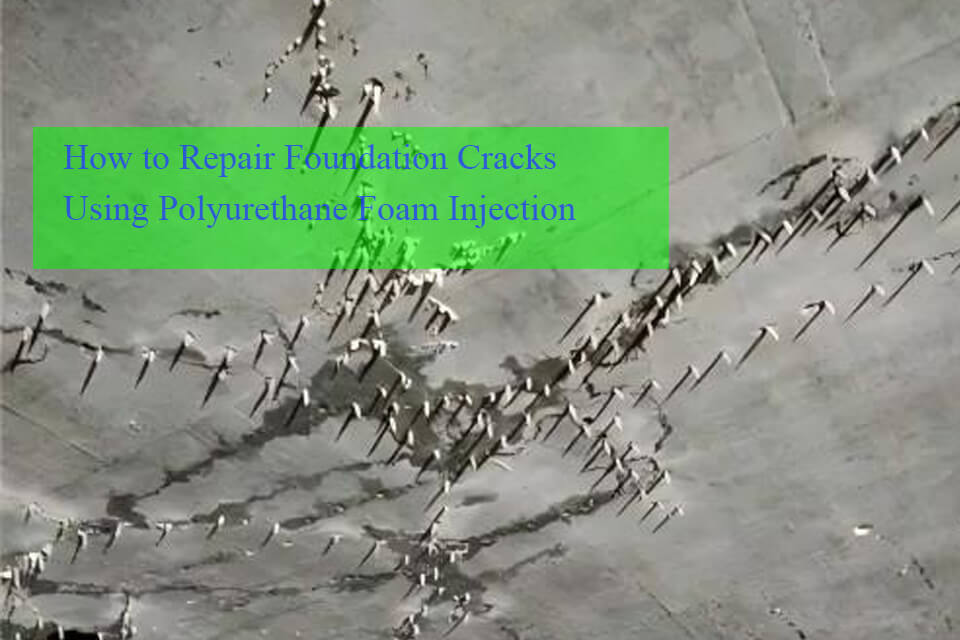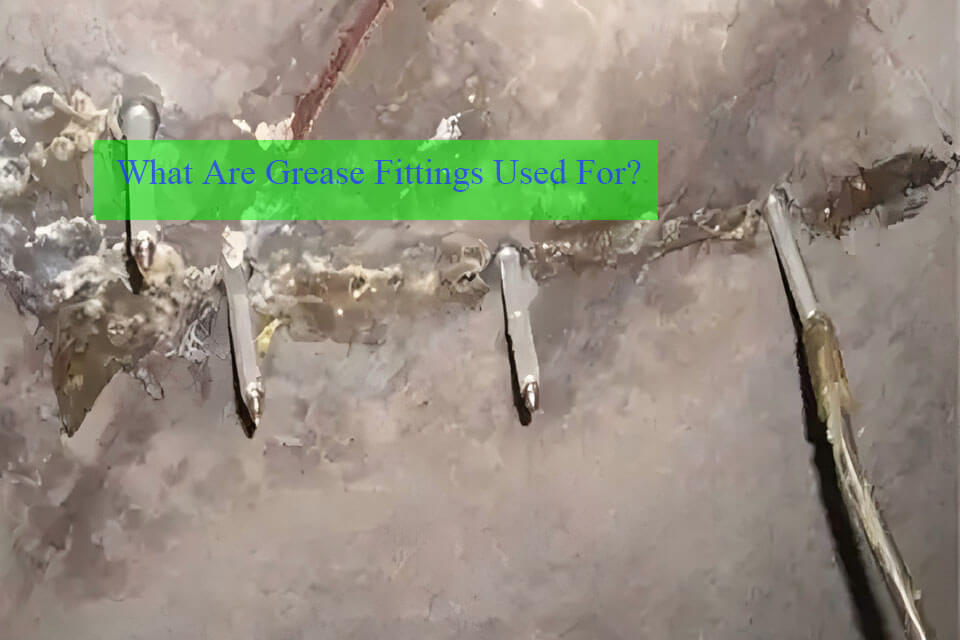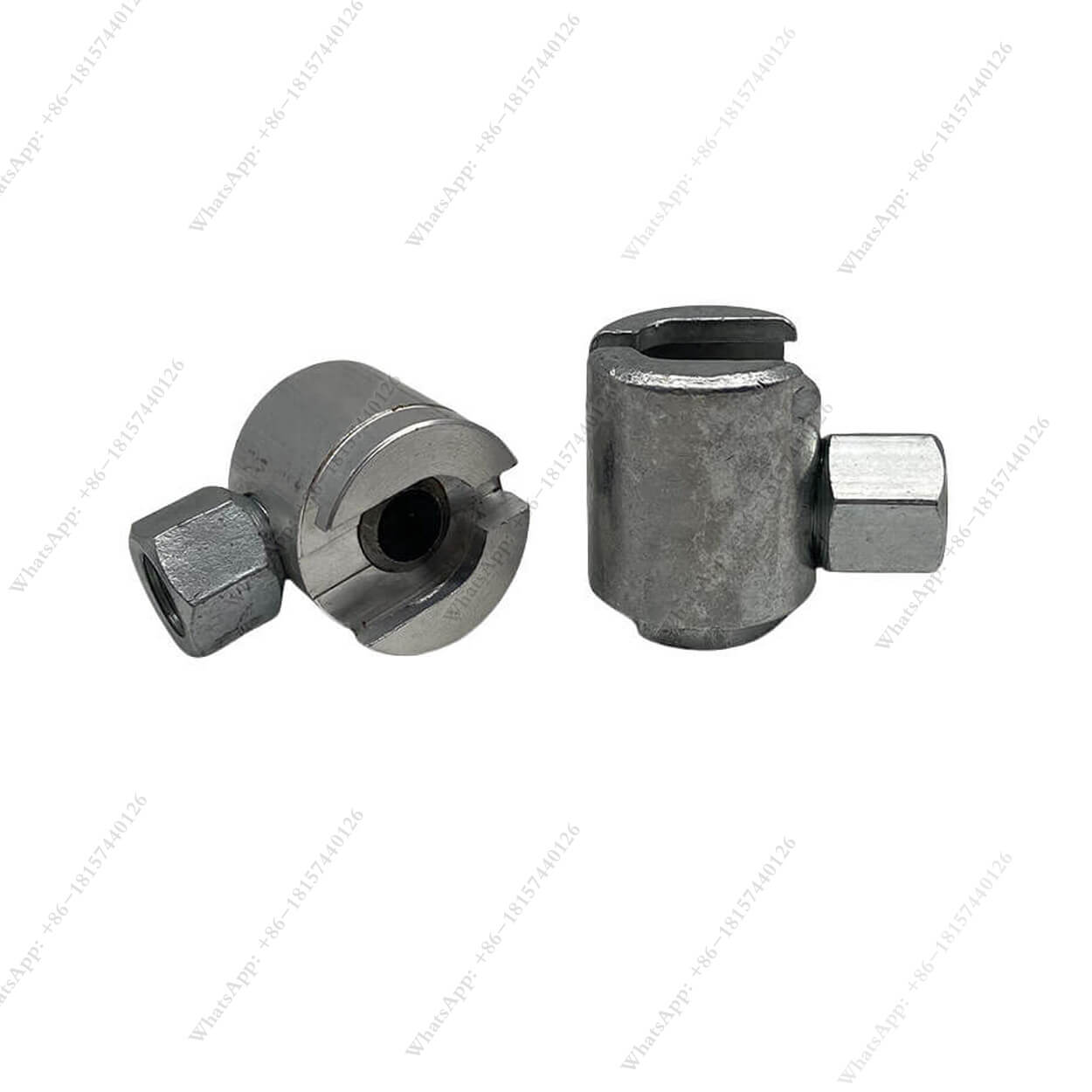
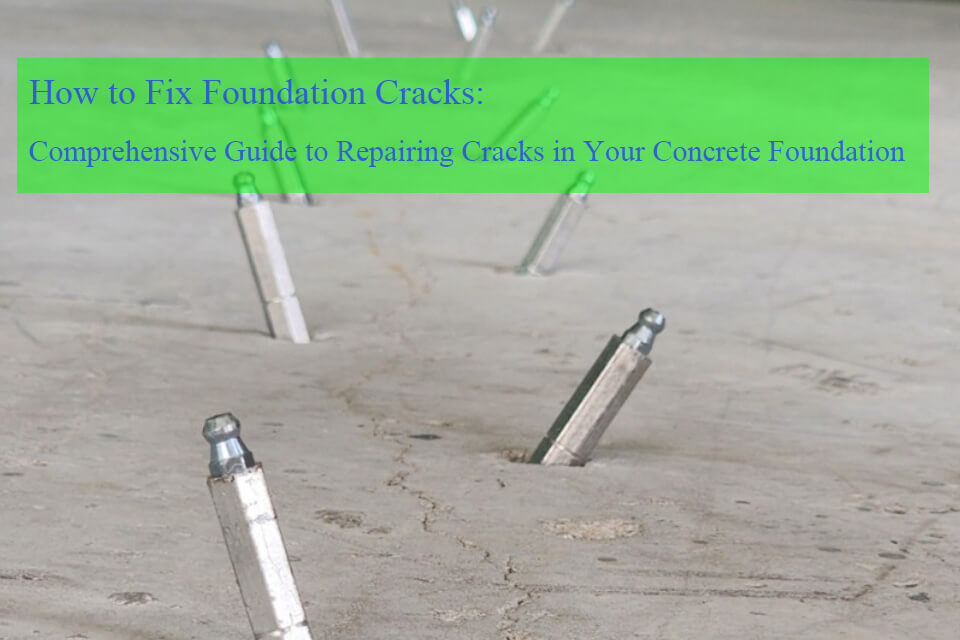
How to Fix Foundation Cracks: Comprehensive Guide to Repairing Cracks in Your Concrete Foundation
Foundation cracks can be an alarming sight, but understanding how to address them can save you time, money, and worry.
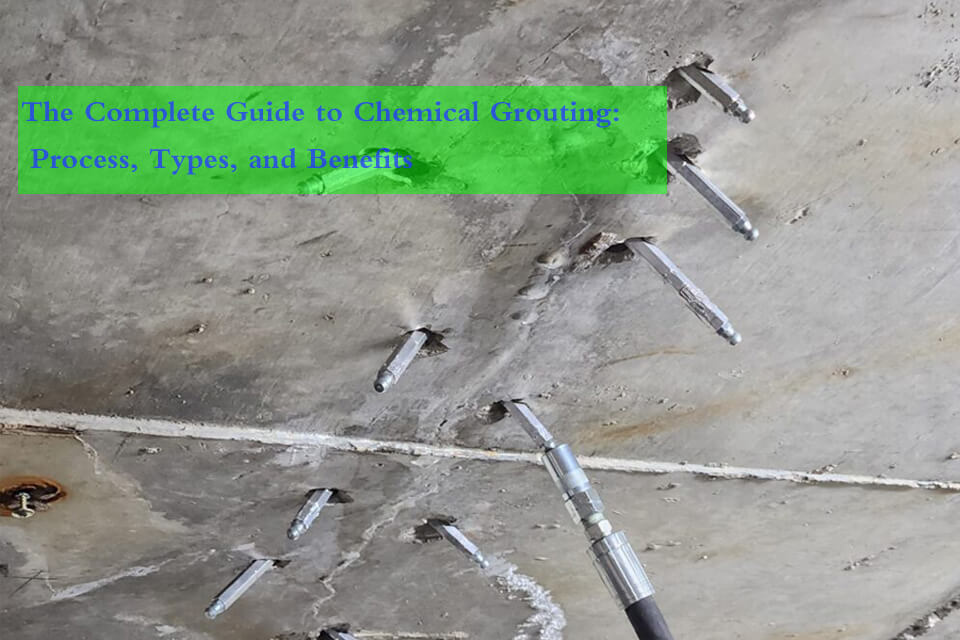
The Complete Guide to Chemical Grouting: Process, Types, and Benefits
Chemical grouting is a powerful and versatile technique used in construction and engineering projects to stabilize soil, control water flow, and enhance the structural integrity of various substrates.

The Advantages of Chemical Grouting: Strengthening Structures for a Safer Future
Chemical grouting is a powerful and versatile solution for strengthening soil, sealing leaks, and stabilizing foundations in challenging construction environments.

